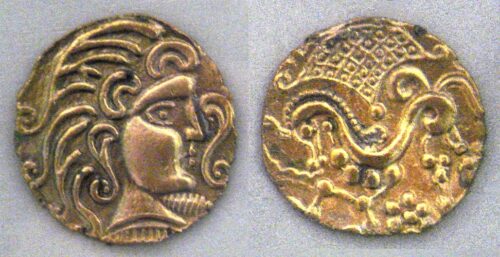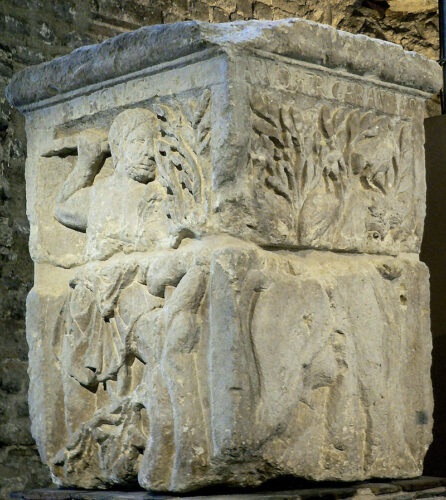Birth
The first signs of human presence at the area of Paris go back to pre-historic times. They are mostly remains of nomadic hunting, mammoth, reindeer and deer bones. Around 4200 BC we encounter the first evidence of a permanent human residence on what was then the left side of River Seine (Paris-Bercy-Chasséen culture). The site of modern day Paris was ideal due to its flat topography, mild climate and the flowing of river Seine, a river easily navigable all year round. The most important archaeological finds from that period are large wooden canoes used for both fishing and easy access to other regions.
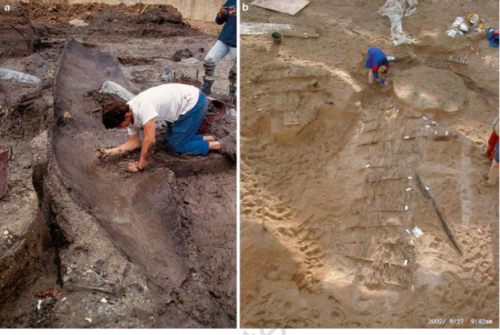
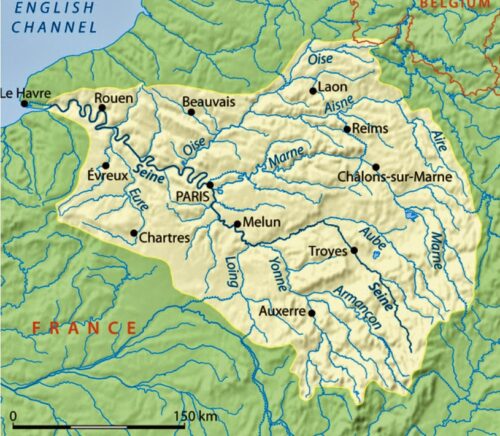
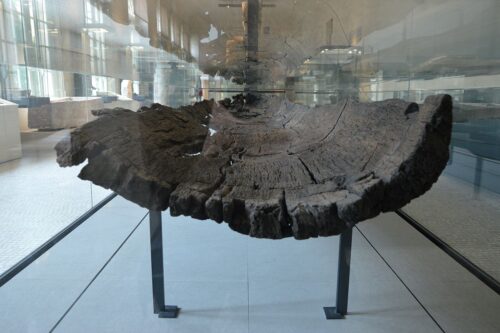
During the course of the 3rd century BC we have the establishment of the first fortified settlement probably on the Ile de la Cité, where the crossing of the Seine was an easier task. The people who built that first city came from the Gallic (Celtic) tribe of the Parisii. The name of that first city was Loutouchezi which in Gaulish Celtic translated into dwelling among the waters. Ancient Greek geographer Strabo ( 63 BC – c. AD 24) refers to Lucotocia. It would later be changed into Lutetia by the Romans.
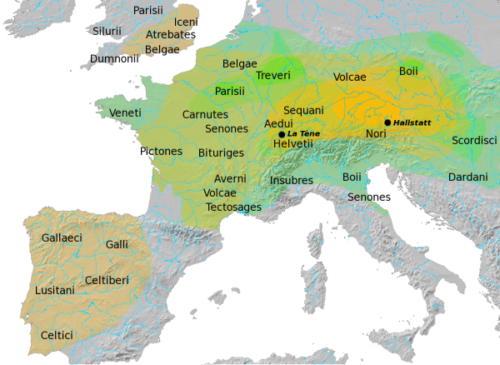
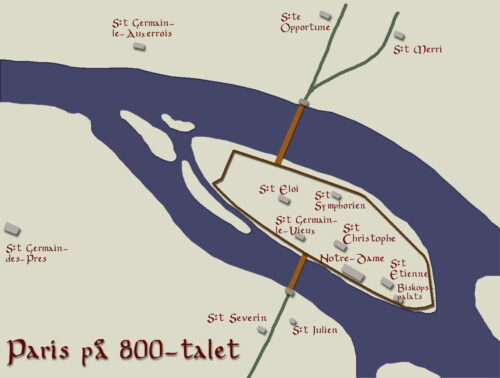
By 100 BC the Parisii had become prosperous enough to mint their own golden coins. Their prosperity was probably the result of trade with settlements easily approachable through the extended river network of Gaul but it could also stem from the fees charged to the people crossing their wooden bridges built to each side of the Ile de la Cité some years after the creation of the first settlement.
